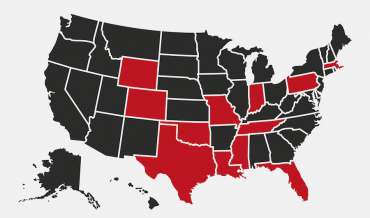30 Years of the TCPA
Today is the 30 year anniversary of President George H.W. Bush signing the Telephone Consumer Protection Act (TCPA) into law. It is fitting that this anniversary is somewhat overlooked as, for the first two decades of its existence, the TCPA served its intended, modest purpose as a statute allowing individual consumers to bring lawsuits in small claims court.











